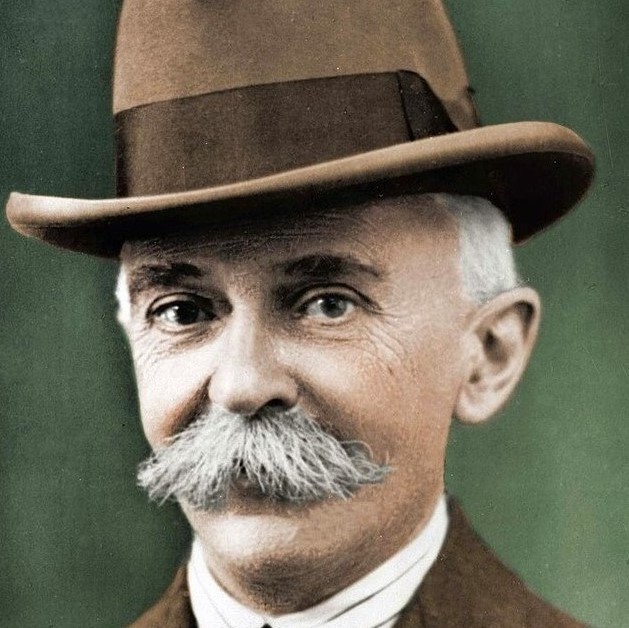Olympic Movement
04.04.2022


Valeriya Ivanova
The founder
A great man, that died in poverty

-
Members of the discussion:
-
Last reply:
Before the Olympics
Born in Paris in 1863, Pierre de Frédy, Baron de Coubertin, came from an aristocratic family. He was a good pupil and took a keen interest in Ancient Greece and Rome. When he was 11, the first organized excavations began at Olympia, and he was fascinated by the archeological discoveries and the spirit of the ancient Games.
In France, at the times of Pierre de Coubertin, the practice of sport was reserved for aristocracy. Destined for the military or the law (his parents supposed so), Coubertin discovered his life’s work in Rugby in England—and set out on a quest to give French children what British students already had: sport in education. By the age of 25, he had become a leader of French education reform.
In 1895, Coubertin married Marie Rothan. He was a Roman Catholic, her a protestant, but as both were independent-minded, they were not daunted by the conflicts between the two denominations that were dividing France at the time.
Making a dream come true
At the 1889 Paris Universal Exposition, which attracted 32 million people over six months to marvel at the new Eiffel Tower, he organized the world’s first Congress on Physical Education and Scholar Competitions and began to build the international network of educators, politicians, aristocrats and leaders in commerce, culture and sport who would help him fulfill his Olympic dream.
He wanted to bring peace to the world. He saw the practice of sport as a way of doing this, as it teaches values such as respect, self-discipline and perseverance. Pupils could grow up with these values.
He thought it may help to bring the world together in peace and friendship,like during the sacred truce in place for the ancient Games.
In 1894 he was successful and the Olympic Games were reborn. It was also organized the IOC with the first president, who was not Coubertin, but Demetrius Vikelas. Coubertin became the second President (1896-1925).
Controversies
Like so many visionaries, he had his blind spots. Although he said about sport: “For every man, woman and child, it offers an opportunity for self-improvement,” he openly opposed the participation of women in elite track and field events throughout his life. Nevertheless, the participation of women in the Olympic Games grew six-fold under Coubertin’s presidency. And the all-inclusive ethic he built into the heart of the Movement—“The Games are global. All people must be allowed in, without debate”—ultimately shaped his legacy.
Legacy
Pierre de Coubertin died of a heart attack in Geneva in 1937. By that time, he was almost penniless. Having devoted his whole fortune as well as his life to the Olympic Games. His dedication was such that, in his will, he asked for his heart to be buried at Olympia. It remains there inside a column erected in his honor and his body is buried at the Bois-de-Vaux cemetery in Lausanne.
Discussion
More on the topic
More on the topic
